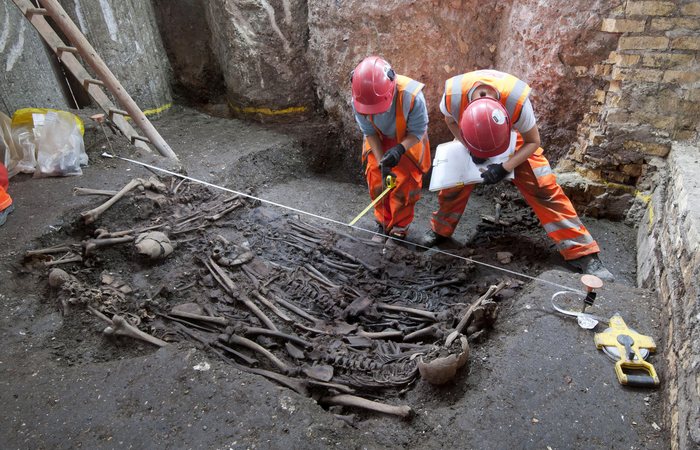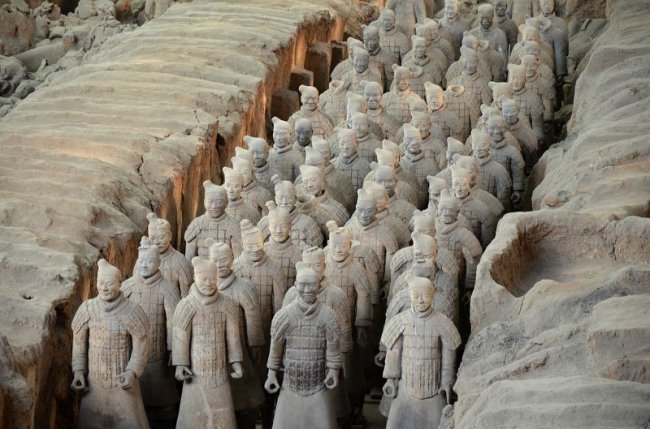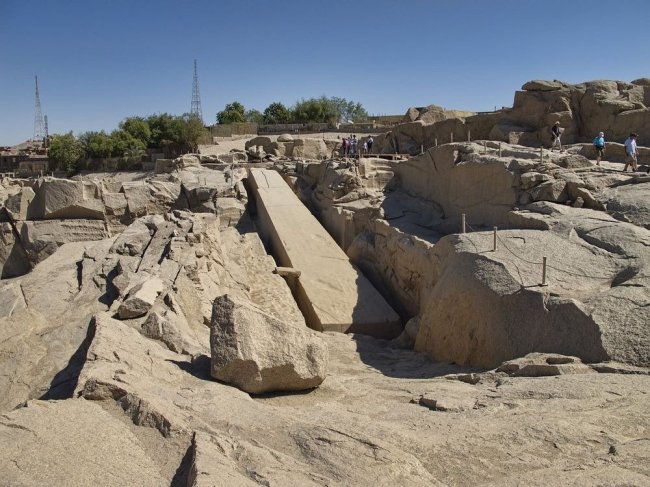last stages
What treasures of the Inca came to our time, and where is the lost “golden” city of Paytiti
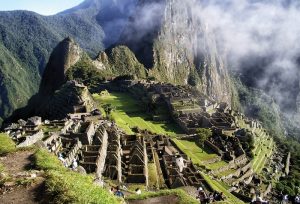 The legend of Eldorado, having arisen once, does not cease to inspire the whole world for all sorts of searches, including creative ones. Fascinating books and films are created about the mythical country filled with gold, and expeditions are again and again equipped to find treasures that once existed. Meanwhile, evidence has been preserved that the land where the gigantic riches of the past Inca Empire exist is indeed somewhere in the depths of the South American forests.
The legend of Eldorado, having arisen once, does not cease to inspire the whole world for all sorts of searches, including creative ones. Fascinating books and films are created about the mythical country filled with gold, and expeditions are again and again equipped to find treasures that once existed. Meanwhile, evidence has been preserved that the land where the gigantic riches of the past Inca Empire exist is indeed somewhere in the depths of the South American forests.
Inca and Conquest Riches – Spanish Conquest
The Inca Empire originated in the 11th century and was the largest state in South America. It united the Indians over a large area – from the modern city of Pasto in Colombia to the Maule River in Chile; at the end of its existence, the empire covered an area of up to two million square kilometers. The capital was the city of Cusco, according to legend, built by the first Inca – the founder of the state of Manco Capac. Continue reading
Plumbing, civil rights and technology: What the world lost when the Greeks conquered Troy, and the arias – the Dravidians
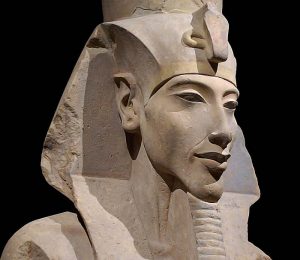 The legends of dark times in Europe and Asia are full of enthusiasm for the lost civilizations, developed so high that the listeners of these legends could hardly believe. Much later, with scientific progress, Europeans began to relate to these traditions with increasing skepticism: it is clear that the world is developing from simple technologies to complex ones, where can complex technologies come from simple ones? With the development of archeology, mankind again had to believe in lost civilizations. At least, in comparison with the narrators of the legends, they were very realistic. No Atlantis and aliens – the creations of the human mind and hands.
The legends of dark times in Europe and Asia are full of enthusiasm for the lost civilizations, developed so high that the listeners of these legends could hardly believe. Much later, with scientific progress, Europeans began to relate to these traditions with increasing skepticism: it is clear that the world is developing from simple technologies to complex ones, where can complex technologies come from simple ones? With the development of archeology, mankind again had to believe in lost civilizations. At least, in comparison with the narrators of the legends, they were very realistic. No Atlantis and aliens – the creations of the human mind and hands.
During the end of the Bronze Age, something happened that could be called the Apocalypse – at least for several developed cultures at once. Natural disasters and economic crises began to shake them, and the final blow struck the raids of much less developed nations. For a long four centuries, barbarism reigned in the lands where before that people used baths, studied science, composed poems and traded with cities on the other side of the seas. Continue reading
Riddles of the Etruscans, who do not give rest to scientists
 The people who inhabited the lands of modern Italian Tuscany a little more than two millennia ago, who called themselves “raseny”, left traces of a surprisingly rapid flourishing, and also a lot of unexplained mysteries. The lack of written and material historical evidence, a considerable time period separating the present from the Etruscan epoch does not allow for a thorough study of the life of the representatives of this civilization, but it is known that the Etruscans also had a very noticeable influence on the ancient peoples and the modern world.
The people who inhabited the lands of modern Italian Tuscany a little more than two millennia ago, who called themselves “raseny”, left traces of a surprisingly rapid flourishing, and also a lot of unexplained mysteries. The lack of written and material historical evidence, a considerable time period separating the present from the Etruscan epoch does not allow for a thorough study of the life of the representatives of this civilization, but it is known that the Etruscans also had a very noticeable influence on the ancient peoples and the modern world.
The Etruscans appeared on the Apennine Peninsula in the 9th century BC. and already after three centuries it was a developed civilization, which could be proud of the high level of craftsmanship, successful farming, and the presence of metallurgical production.
Civilization Villanova, the first of the cultures of the Iron Age in Italy, a number of scientists considered the early stage of the existence of the Etruscans, while others deny the continuity between the two cultures, recognizing the version of the expulsion of representatives of Villanova Etruscans. Continue reading
